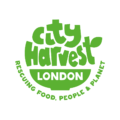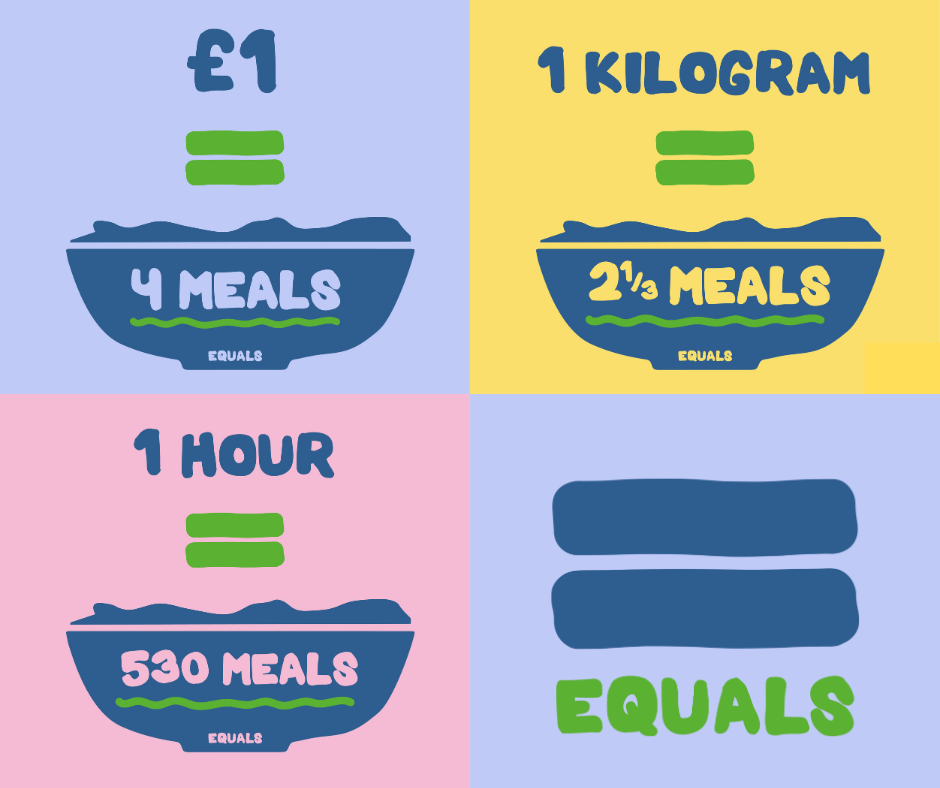Joan Rocas talks to us about Lockdown
January 2020, we were lucky to spend time filming with Joan Rocas, as part of The Macallan’s Amazon Prime episode, ‘Distil London’. Joan, cooked alongside Buses4homeless resident, Kev, with food from a City Harvest delivery. City Harvest is a sponsor of the food bus at Buses4homeless, run by the inspirational, Dan and Hen.
About The Rocas Brothers
Internationally acclaimed Spanish chefs Joan, Josep and Jordi Roca, were appointed as UNDP Goodwill Ambassadors in 2016 to work closely with the Sustainable Development Goals Fund (SDG-F). The Roca brothers are helping generate support for the Sustainable Development Goals (SDGs), agreed by world leaders to achieve a future by 2030 where hunger, unemployment, inequality, and climate change are a thing of the past.
Owners of the critically acclaimed El Celler de Can Roca restaurant in Girona, Spain—twice named the world’s best restaurant by Restaurant Magazine—the brothers are known for emphasizing the importance of growing and producing food locally and in an environmentally conscious way, using traditional ingredients and practices, and ensuring that everyone has access to healthy nutrients.
Interview with Joan Rocas
Q. Joan, as a new lockdown is announced, what message do you have for London’s hospitality industry and all of our friends so harshly impacted?

Q. Joan, we had the honour of seeing you cook on the Buses4homeless bus last January with our surplus food. How did you find that experience?
A. Very rewarding. Buses4homeless is an amazing project, not just because it makes the most of food surplus in a society with a high rate of hunger, but also because it takes a holistic approach by seeing that we waste non-recyclable materials that could be used as homes for the homeless instead of scrap metal polluting the earth. We’re at a forced tipping point and have to think, to realise how much we can do for the planet with a simple U-turn in how we consume and discard. It makes me happy to see creativity applied to social and environmental progress with the ultimate goal of innovation.
Q. Joan, as UNDP Goodwill Ambassadors, you work closely with the Sustainable Development Goals Fund (SDG-F). How have you found helping to generate support for the Sustainable Development Goals (SDGs), since 2016? What major changes have you seen and what do you hope to see by 2030?
A. There is greater awareness of food waste worldwide; a critical mass for change which has grown globally as the diaspora with local actions that have a global benefit. To some extent this conversation is the fruit of the seeds of awareness that UNDP has been sowing for several years. Our work with the United Nations is very much to do with food sustainability and we have had the opportunity to take part in various campaigns and actions, with the WFP also, internationally at the Davos Forum and from their delegation in Spain, going into people’s homes and suggesting simple recipes on how to use up food on social media. We’ve also worked in Africa – in Kaduna (Nigeria) we launched the FarmAfrica project which focused on Kaduna as a pilot experience. Our team went there to share ancestral conservation techniques as a solution to not wasting tomatoes that they produced when they were hungry. That training also gave them tools to market and export the surplus and empowered women from the community by including them in that phase.

Q. Joan, in Spain what is the culture of food surplus? are people more used to cooking from scratch and using all the ingredients – or is there also a high level of surplus from shops and retailers?
A. Food security and food waste depend on production models in the food industry and the way people consume. Raising awareness for change and action is a global challenge.
Q. Joan, what are your thoughts on City Harvest, our impact and comments on London’s food poverty situation vs the rest of Europe.
A. The scenario is the same in many places around the world, both major cities and remote villages. We know that hunger is a consequence in conflict zones, and at the same time, hunger generates conflict. Addressing hunger by optimally using food resources is key. The good news is that initiatives like City Harvest are mushrooming, and this raises awareness among society and provides solutions, ideas and logistics on how to run these programmes, while also spreading an important message: “It can be done”.

Q. Joan, now we are facing another lockdown, what staple store-cupboard ingredients would you recommend having – to ensure you can make some beautiful dishes with surplus veggies and fruits that you may be unsure how to use up.
A. Dried and canned pulses are a very healthy source of protein with a long life and a very reasonable price that you can easily put with leftover veggies sautéed or in a stew. With surplus fruit you can make jams, cakes and breads, for which you need to have flour in your pantry, and you can also use up stale bread for this by processing it in a food processor or rehydrating it with milk or stock.


